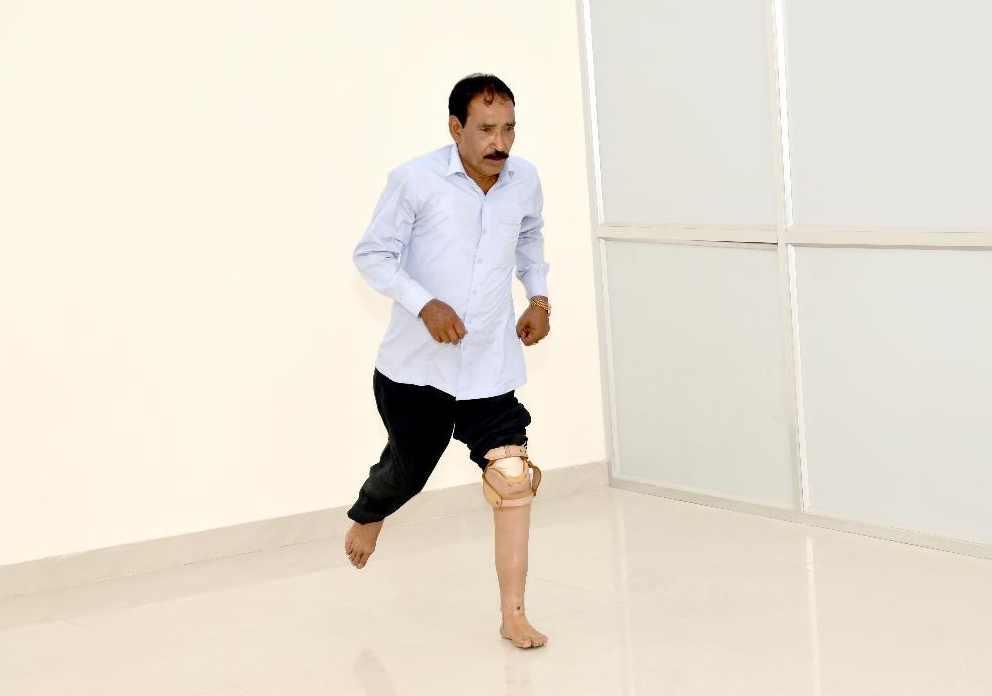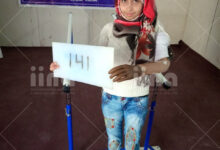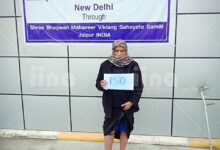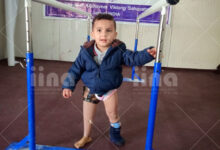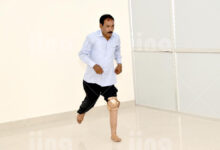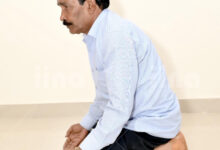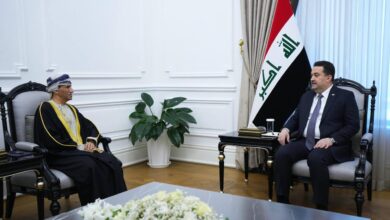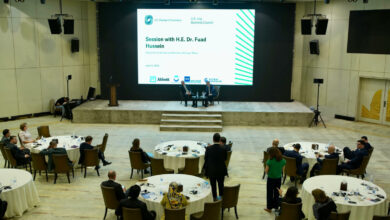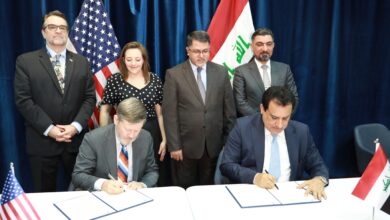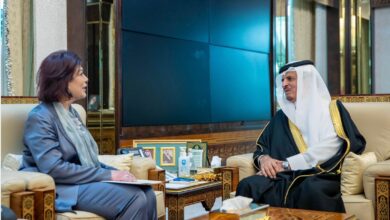In the heart of Iraq, amidst the challenges wrought by conflict and adversity, a beacon of hope shines brightly for thousands of amputees. Bhagwan Mahaveer Viklang Sahayata Samiti (BMVSS), widely known as Jaipur Foot, has undertaken a monumental mission to restore mobility and dignity to individuals across the globe, including those in Iraq.
Founded as the world’s largest organisation for the rehabilitation of the disabled, Jaipur Foot has transformed the lives of over 2.2 million individuals worldwide, all at no cost to the recipients. Their efforts extend beyond India’s borders, with 106 on-the-spot artificial limb fitment camps conducted in 42 countries. In Iraq, where the need is acute due to ongoing conflicts, Jaipur Foot has made significant strides since its first camp in 2010.
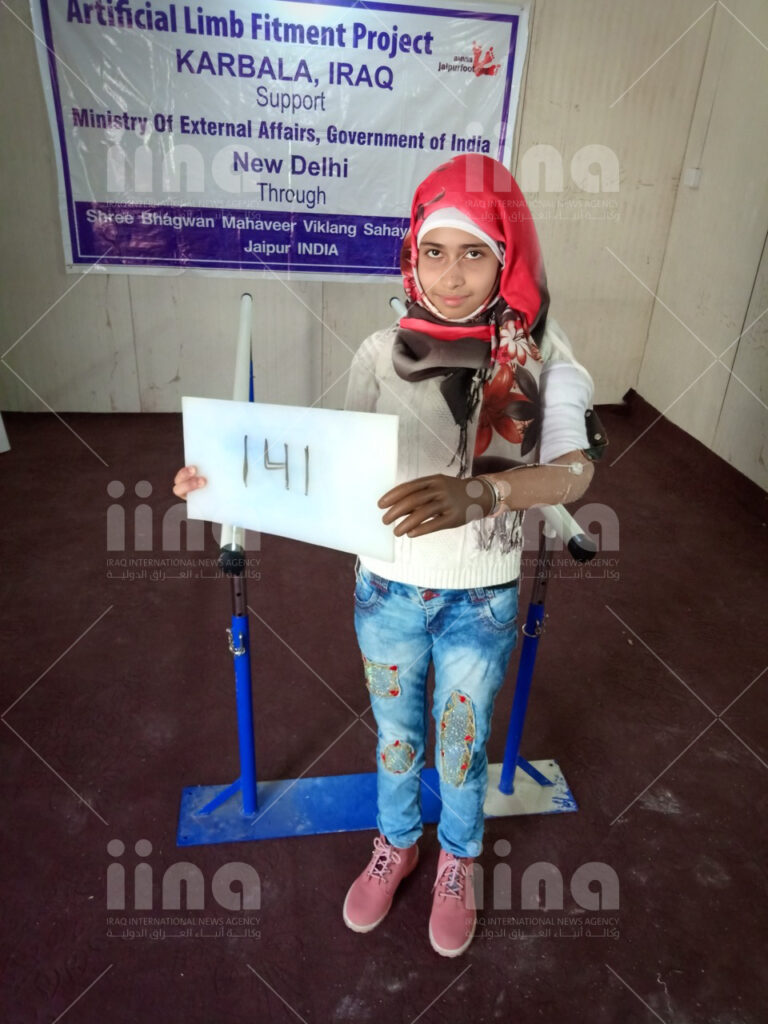
Jaipur Foot’s commitment to Iraq is notable through the success of their three major camps. The primary camp, held from March 16 to April 14, 2010, in Baghdad, saw 882 individuals fitted with Jaipur Foot prosthetics, thanks to the logistical and financial support of the Chalabi Trust, Iraq. Subsequent camps, such as the one at Al Kafeel Hospital in Karbala from November 2018 to January 2019, and the recent endeavour at Baghdad’s International Exhibition Centre from October to November 2023, have continued to expand their reach, with the help of the Government of India. In total, these efforts have benefited 2,517 disabled Iraqis, offering them newfound mobility and independence.
The Founder & Chief Patron, D. R. Mehta highlights that what distinguishes Jaipur Foot is its innovative design, specifically tailored to suit the oriental lifestyle. With its unique ankle movement enabling kneeling, Jaipur Foot accommodates the religious practices of Muslim amputees, allowing them to perform Namaz with ease; a freedom not afforded by Western prosthetic designs. This flexibility extends to the choice of wearing shoes or going barefoot, an essential consideration for entering mosques and participating in cultural traditions. In contrast, Western-designed limbs typically require the wearer to wear shoes, which can restrict access to certain cultural and religious spaces such as mosques.
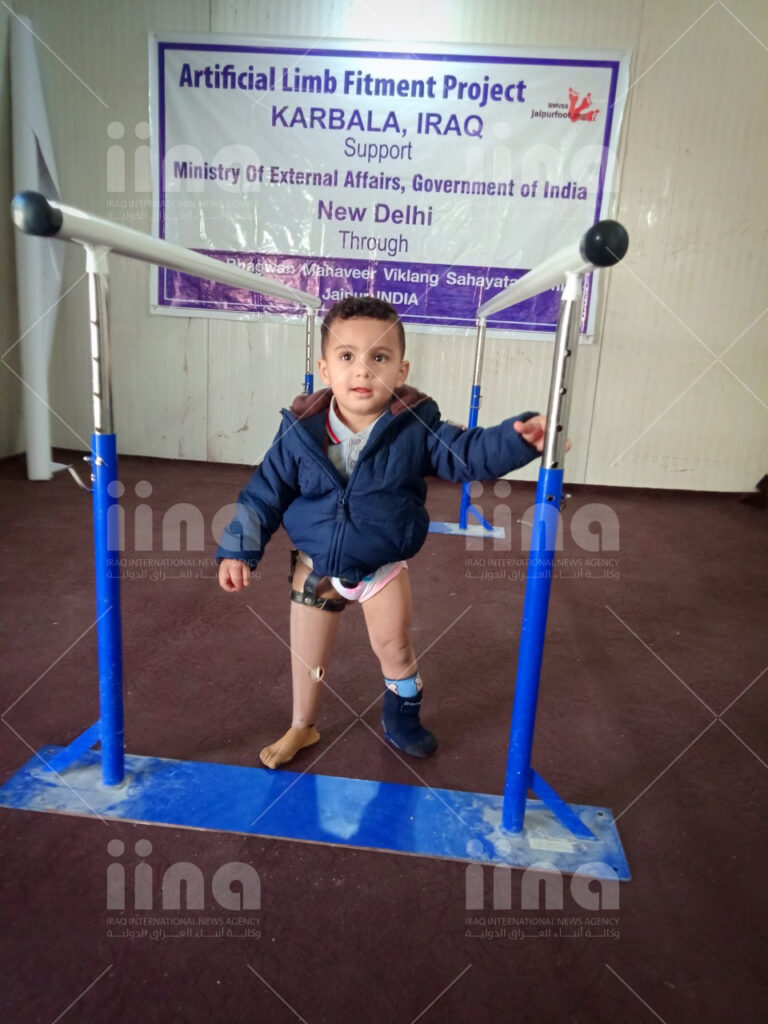
The impact of Jaipur Foot’s work is powerfully illustrated through personal narratives. In a draft chapter shared by D. R. Mehta, which focuses on his experiences in Iraq, compelling stories of resilience and hope emerge. One touching moment, captured by the Times of India in 2010 during the first camp, vividly portrays the emotional journey where D. R. Mehta encourages a boy to run with him, shortly after fitting his new prosthetic limb. The boy’s mother, overwhelmed with tears of joy, witnesses her son walk for the first time in four years. These anecdotes paint a vivid picture of individuals reclaiming their lives: walking again, rejoining their communities, and embracing a future once thought impossible.
Operating in Iraq, Jaipur Foot has faced formidable challenges, from navigating political instability to ensuring the safety of staff and beneficiaries. Yet, through strategic partnerships with local organisations, they have overcome these obstacles to deliver life-changing support. Despite these challenges, Jaipur Foot remains undeterred in its mission. With plans to continue holding annual camps in Iraq, contingent on local support and external funding, they aim to reach even more individuals in need of prosthetic assistance. Their vision for the future includes expanding their reach and enhancing their impact, in the hopes that no amputee is left behind.
- Published: 9th July, 2024
- Location: Iraq
- Editor: Justyna Wojtowicz
- Category: Humanitarian

